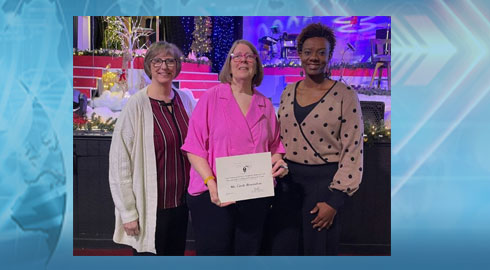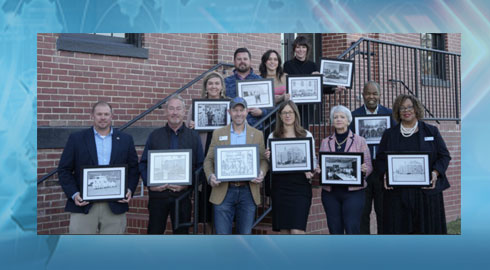Police Misconduct Is Everyone’s Problem
 By JOHN HOOD
By JOHN HOOD
RALEIGH — The gruesome death of George Floyd, captured on video in vivid and revealing detail, will revolt and enrage anyone with a moral conscience. You witness one human being mistreating another with either actual malice or callous disregard. You witness the tragic result.
It should heighten our revulsion and outrage that the person with his knee on the neck of George Floyd was a police officer — someone empowered to use potentially deadly force as an agent of government and sworn to uphold the law. Giving anyone that kind of power is inherently perilous, even as it is also necessary to protect our lives, liberties, and property.
From 2013 to 2019, roughly a thousand Americans died each year at the hands of police officers seeking to contain or apprehend them, according to a consortium of data analysts called Mapping Police Violence. Most of these homicides were justified, acts of self-defense or defense of others. In 85% of the cases, the slain were armed. And even unarmed criminals can be dangerous.
But what about the exceptions? What about the George Floyd case and others like it? Regardless of your political views or personal background, you should want your government to go to heroic efforts to avoid an unjust killing while acting on your behalf.
And while combatting racial and ethnic prejudice is always a moral imperative, and may well help reduce misconduct, the issue is broader than that. Of the one thousand unarmed Americans killed by police between 2013 and 2019, 34% were black, 45% were white, and 20% were Hispanic. Here’s another way to think about it: about 17% of African-Americans killed by police during the period were unarmed. The rate for Hispanics was about average, at 15%, while the rates for whites (13%) and the small number of Asians in the group (10%) were below average.
In other words, blacks die at the hands of police officers at a rate disproportionate to their share of the population. There are many factors contributing to this disproportionality, racial prejudice surely among them. But even if we managed to eliminate the disproportionality, we would still have a problem: too many avoidable deaths of unarmed people.
I’m no expert on police procedures, but analysts I’ve consulted suggest several policy responses:
- Eliminate qualified immunity. An 1871 federal law states that government actors “shall be liable to the party injured” for “the deprivation of any rights.” But subsequent court decisions have softened this strict-liability standard by making it hard for injured plaintiffs to win claims against the police unless they can cite prior convictions in cases with something close to the same facts. Jurists from across the legal spectrum think this “qualified immunity” test is unwarranted and extraconstitutional. There are better ways to protect individual officers from financial penalties for truly good-faith mistakes, such as indemnification (which is already common).
- Reform oversight of officers. Some activists want to give citizen review boards full power to subpoena witnesses and rule on disciplinary actions. That’s a very bad idea. But I do think it should be easier for citizens to file complaints and discover how the complaints turn out, and that departments should more frequently subject officers with multiple complaints to mandatory retraining, sanctions, or dismissal.
- Explore the effective use of de-escalation tactics. Over the couple of decades, police departments across the country have implemented policies and retrained officers to try to resolve conflicts before they turn violent. While I think some advocates have overstated the promise of such tactics — a comprehensive review of the research published earlier this year in the journalCriminology & Public Policy found “slight‐to‐moderate individual and organizational improvements” — it remains in the interest of both law enforcement and the general public to identify and implement best practices.
All the law-enforcement leaders and officers I know are appalled at what has happened to George Floyd. They also appalled to see extremist provocateurs take advantage of peaceful protests to assault the police. Let’s focus on actionable solutions.
John Hood (@JohnHoodNC) is chairman of the John Locke Foundation and appears on “NC SPIN,” broadcast statewide Fridays at 7:30 p.m. and Sundays at 12:30 p.m. on UNC-TV.
Discover more from JoCo Report
Subscribe to get the latest posts sent to your email.













